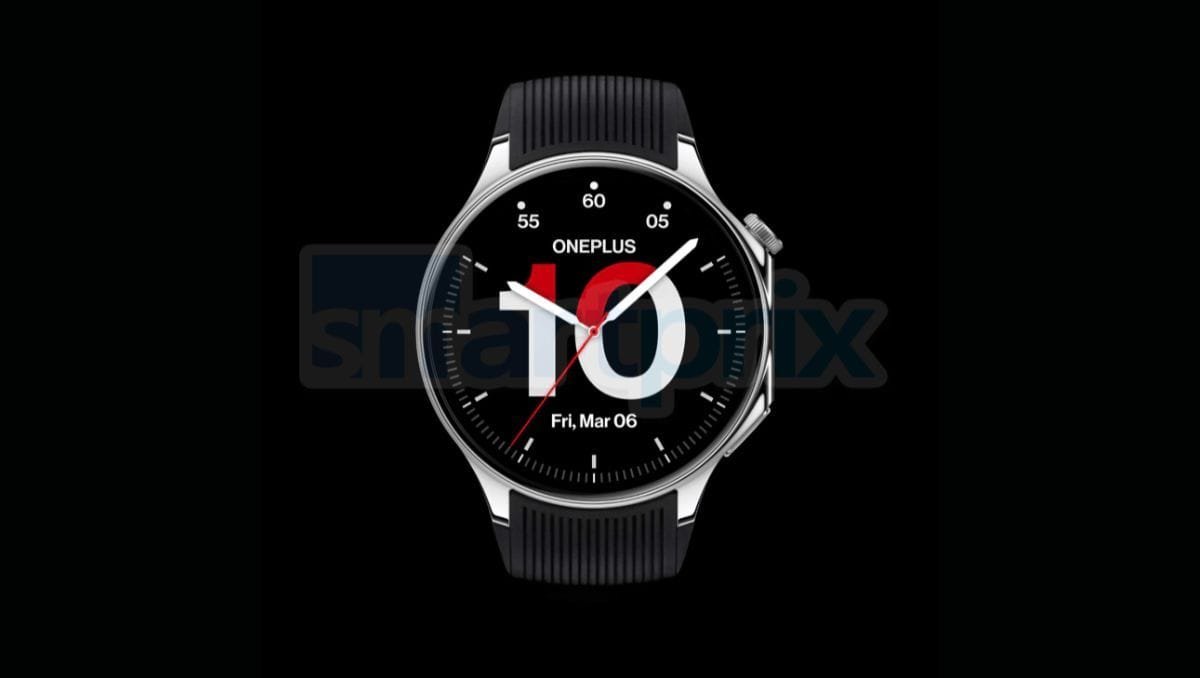Nigerian DStv Customer Drops Case Against MultiChoice After Price Hike

A Nigerian lawyer and DStv customer, Festus Onifade, has decided to drop his court case against MultiChoice, the company that runs DStv and GOtv. He was challenging their recent 21% increase in subscription prices. This means the legal fight over the price hike has now ended.
What Happened?
On February 24, MultiChoice announced that prices for DStv and GOtv would go up by 21% starting March 1. Many customers were unhappy because the change happened too quickly.
Festus Onifade, a lawyer, believed that MultiChoice did not follow the law. He said the company should have given customers more time before increasing prices. On February 27, he took the matter to court in Abuja. He also asked the Federal Competition and Consumer Protection Commission (FCCPC) to look into the issue.
But on April 7, Onifade changed his mind and withdrew the case. The court documents did not explain why he stopped the case.
Why Did Onifade Sue MultiChoice?
Onifade argued that MultiChoice broke the law by only giving customers 8 days’ notice before increasing prices. According to Nigerian consumer protection laws, companies must give people enough time to understand changes and decide what to do.
He said:
“Giving customers only 8 days’ notice is unfair, unreasonable, and illegal. It does not respect consumer rights.”
He also mentioned that MultiChoice is the main provider of football matches (like the English Premier League) in Nigeria, so customers have few other options.
Previous Price Increase Problems
This is not the first time MultiChoice has raised prices suddenly. In 2022, a court ruled against the company for a similar price hike. That case is still not fully resolved. Onifade said MultiChoice should not be allowed to keep increasing prices while the old case is still pending.
What Did Onifade Want from the Court?
In his lawsuit, Onifade asked the court to:
- Declare that the 8-day notice was illegal.
- Stop the price increase from happening.
- Order MultiChoice to pay him ₦22 million for damages and legal fees.
The court gave MultiChoice until May 29 to respond. But before that date, Onifade withdrew the case.
MultiChoice’s Defense
MultiChoice said the price increase was necessary because of Nigeria’s difficult economy. The company explained that the rising cost of doing business, inflation, and the falling value of the naira forced them to adjust prices.
They also said that even with the increase, Nigeria still has the cheapest DStv prices compared to other countries where they operate.
FCCPC’s Attempt to Stop the Price Hike
The FCCPC (Nigeria’s consumer protection agency) also tried to stop MultiChoice. They called the company for a meeting on February 27 and told them to delay the price increase until after an investigation.
But MultiChoice went to court to stop the FCCPC from interfering. The court ruled that the FCCPC could not take any action against MultiChoice for now.
Why Are Customers Angry?
Many Nigerians are upset because the price increase comes at a time when the cost of living is already very high. People are struggling with expensive food, fuel, and other bills. Paying more for TV subscriptions is an extra burden.
Some customers feel that MultiChoice does not improve its service, even though prices keep going up. Others say there are no good alternatives for watching sports and entertainment.
What Happens Now?
Since Onifade has withdrawn his case, MultiChoice’s new prices will remain. Customers will have to pay more unless another legal challenge arises.
The FCCPC may still investigate, but for now, they cannot force MultiChoice to change the prices.
Conclusion
The legal fight over DStv and GOtv price increases has ended for now. Customers are unhappy, but MultiChoice says the changes are necessary due to Nigeria’s economic problems. Unless new actions are taken, subscribers will have to pay the higher fees.
Many Nigerians hope that either the government or consumer rights groups will find a way to make TV subscriptions more affordable in the future.


